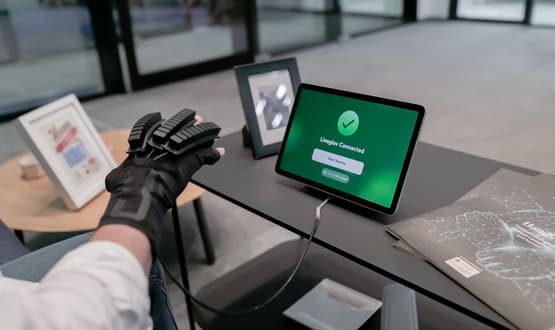Electronic toolkit to be an asset in stroke care
- 12 December 2006
A new electronic toolkit which aims to cut the number of strokes and provide better services for those who do experience one has been launched by the Department of Health.
Action on Stroke Services Evaluation Toolkit 2 (Asset 2) is a web-based programme guide covering four key areas of stroke management, and can be used by all NHS staff to improve the level of service offered to sufferers. It has been designed to help staff to modernise their services and prevent thousands of strokes in the process.
The guide encourages changes in areas such as stroke-unit capacity and also provides swifter access to minor stroke services.
It also aims to increase the use of thrombolytic treatment, a complex method of dissolving blood clots.
According to the Department of Health, 840 strokes could be avoided and a further 3,900 sufferers could benefit if all NHS services actioned the recommended changes.
Aimed at primary care trusts and GPs, Asset 2 identifies levels of demand for services in an area, benchmarks current service provision against other organisations, identifies the best practice, and demonstrates the impact of making changes.
Health minister, Rosie Winterton, said: “This is a new electronic ‘toolkit’ for NHS staff, being launched by the Department of Health, which will help transform the lives of stroke suffers.
“Ten years ago specialist stroke services were a rarity, now they are the norm. Innovative developments such as this toolkit will see high quality services become even more widespread.”
A further 20,000 strokes could be avoided through preventative work on high blood pressure, irregular heart beats, smoking cessation, and wider statin use.
“Death rates from stroke for people under the age of 65 have fallen by almost a quarter over the past decade, the average hospital stay has been reduced, and to speed up access to scans 226 CT scanners have been installed across the NHS,” Winterton added.
The system was launched by the national clinical director for stroke services, Professor Roger Boyle, at the annual UK Stroke Forum Conference in Harrogate on Friday.
Professor Boyle has been asked by Winterton to develop a stroke strategy and his expert group are due to report back with recommendations next year.
He said: “If heath care commissioners use this tool and follow its recommendations, then lives will be saved. The toolkit will complement the work already underway on our stroke strategy, and shows the NHS can start making changes to stroke care today.
“Two-thirds of stroke patients now spend time on a stroke unit, where they have access to highly trained staff and excellent post-stroke care including support for swallowing, speech, mobility and daily living activities. We want every single patient to receive treatment of this quality.”
The updated toolkit has been supported by The Stroke Association which hosted the conference.
Communications director, Joe Korner said: “We are fully behind the progress that has already been made improving and shaping stroke services.”
There are 110,000 new strokes in England every year, and a third of sufferers die within the first four weeks.
The DH says that if all trusts raised their standards in the four key areas 400,000 bed days would be saved, as better outcomes for stroke patients mean shorter lengths of stay.
Links




